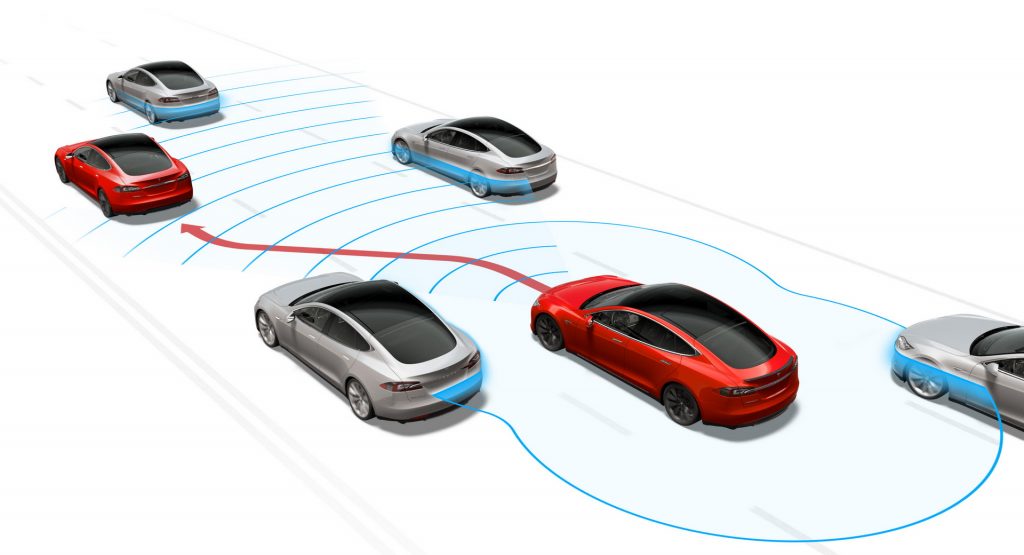Euro NCAP has just released a new series of Highway Assist tests, featuring ten models equipped with some type of higher-speed driver assistance system.
The models tested were the Audi Q8, BMW 3-Series, Mercedes GLE, Volvo V60, VW Passat, Peugeot 2008, Nissan Juke, Ford Kuga, Renault Clio and the Tesla Model 3. The latter’s tech unfortunately failed to keep drivers as engaged as other available systems.
“Euro NCAP’s new assessment protocols focus on two main areas: Assistance Competence – a balance between the technical competencies of the system (Vehicle Assistance) and the extent to which it keeps the driver alert and engaged (Driver Engagement) – and Safety Backup, the car’s safety net in critical situations.”
Related: Euro NCAP Updates Protocols For 2020, Makes It Harder For Cars To Score Maximum Points
The results are then put through a unique grading system, with cars falling into one of four possible categories: Entry, Moderate, Good, Very Good.
While the likes of the GLE, 3-Series and Q8 managed to score ‘Very Good’ grades, the Model 3 only earned a ‘Moderate’ designation due to the Autopilot system doing “little to keep the driver engaged.”
“Its distinct steering strategy gives the impression that either the car is driving itself or the driver has full control, and the system is more authoritarian than cooperative.”
Autopilot has also been criticized by the U.S. National Transportation Safety Board for allowing drivers to take their eyes off the road completely, as U.S. regulators investigated 15 crashes since 2016 involving Tesla models equipped with this system, reports Autonews Europe.
“Unfortunately, there are motorists that believe they can purchase a self-driving car today. This is a dangerous misconception that sees too much control handed to vehicles that are not ready to cope with all situations,” said Euro NCAP board member Matthew Avery.
You can read Euro NCAP’s full report for the Model 3 test by clicking here.



